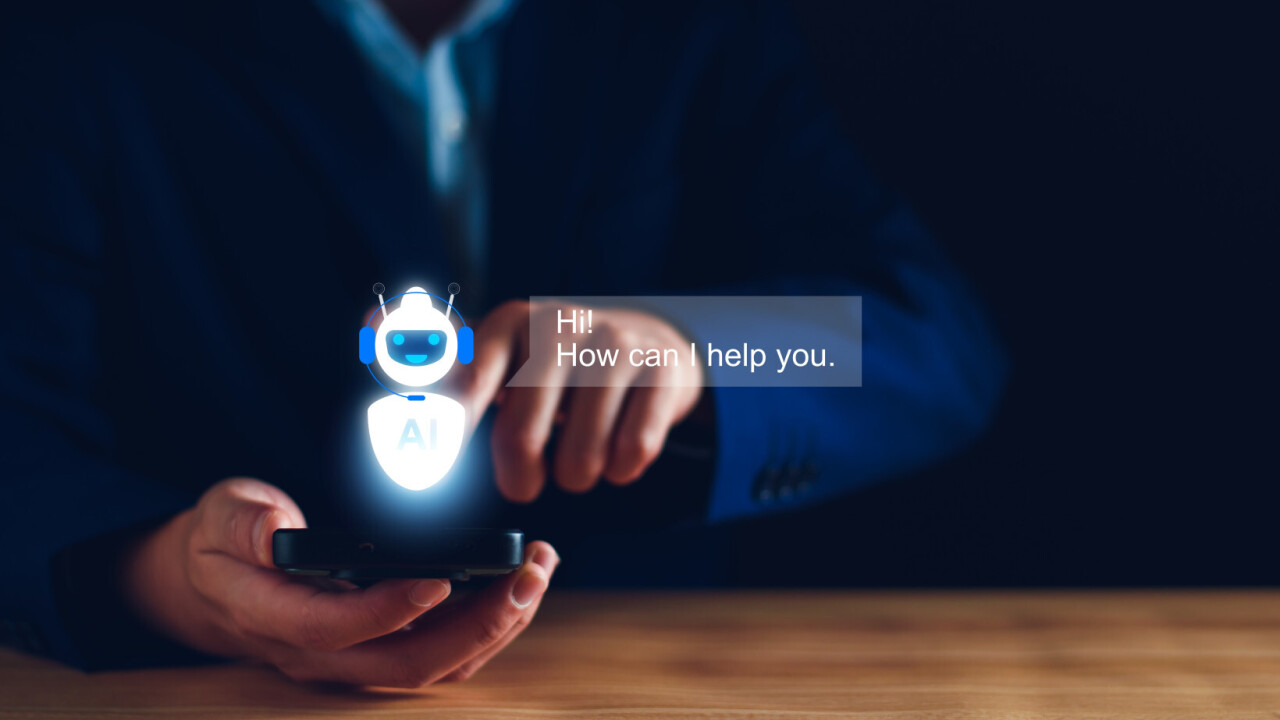
ChatGPT has had anything but a triumphant welcome tour around Europe. Following grumbling regulators in Italy and the European Parliament, the turn has come for German trade unions to express their concerns over potential copyright infringement.
No less than 42 trade organisations representing over 140,000 of the country’s authors and performers have signed a letter urging the EU to impose strict rules for the AI’s use of copyrighted material.
As reported first by Reuters, the letter, which underlined increasing concerns about copyright and privacy issues stemming from the material used to train the large language model (LLM), stated,
“The unauthorised usage of protected training material, its non-transparent processing, and the foreseeable substitution of the sources by the output of generative AI raise fundamental questions of accountability, liability and remuneration, which need to be addressed before irreversible harm occurs.”
Signatories include major German trade unions Verdi and DGB, as well as other associations for photographers, designers, journalists and illustrators. The letter’s authors further added that,
“Generative AI needs to be at the centre of any meaningful AI market regulation.”
ChatGPT is not the only target of copyright contention. In January, visual media company Getty Images filed a copyright claim against Stability AI. According to the lawsuit, the image making tool developer allegedly copied over 12 million photos, captions, and metadata without permission.
LLM training offers diminishing returns
The arrival of OpenAI’s ChatGPT has sparked a flurry of concerns. Thus far, these have covered everything from aggressive development due to a commercially motivated AI “arms race,” to matters of privacy, data protection and copyright. The latest model, GPT-4, was trained using over a trillion words.
Meanwhile, one of the originators of the controversy, the company’s CEO Sam Altman, stated last week that the amplified machine learning strategy behind ChatGPT has run its course. Indeed, OpenAI forecasts diminishing returns on scaling up model size. The company trained its latest model, GPT-4, using over a trillion words at the cost of about $100 million.
At the same time, the EU’s Artificial Intelligence Act is nearing its home stretch. While it may well set a global regulatory standard, the question is how well it will be able to adapt as developers find other new and innovative ways of making algorithms more efficient.
Get the TNW newsletter
Get the most important tech news in your inbox each week.




